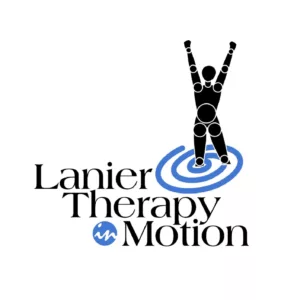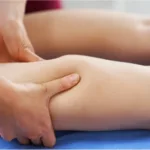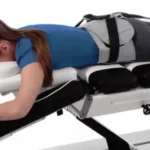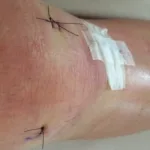OFFICE HOURS
|
Gainesville Location Monday Wednesday Friday
|
8:00 – 5:00 8:00 – 5:00 8:00 – 1:00 |
|
Cleveland Location Tuesday & Thursday |
8:00 – 5:00 |
| Saturday | 8:00 – 1:00 |
Gainesville : (770) 532-5721
Cleveland : (706) 219-1330
Welcome to Lanier Therapy
Get Well. Stay Well. We can help.
Get Well. Stay Well. We can help.
We can help. We want you to return to the pain-free movement you enjoyed before your injury or surgery.
Our physical therapists focus on active, individualized care so you can get well and stay well.
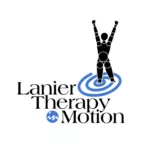
PHYSICAL THERAPY SERVICES
Lanier Therapy in motion Is proud to provide the highest quality orthopedic, sports and spine physical therapy available in North Georgia. The following is a list of some of the services we can provide.
**Available services may vary by location.
